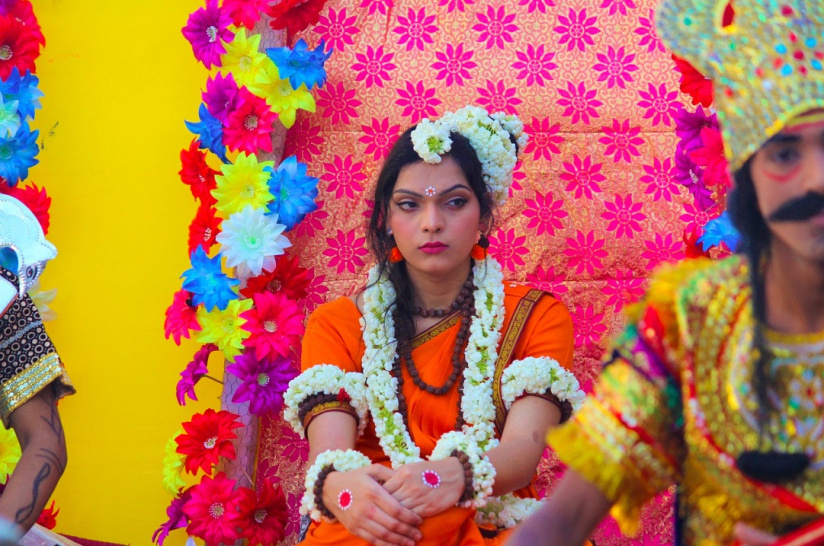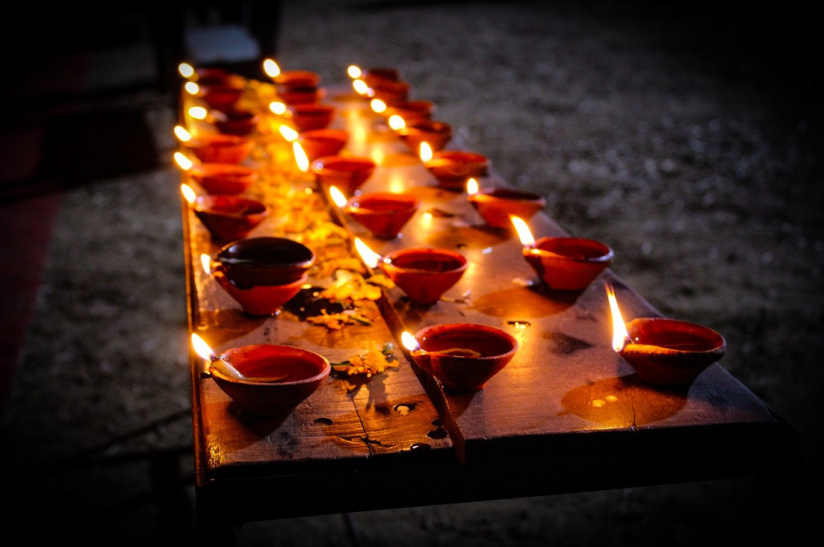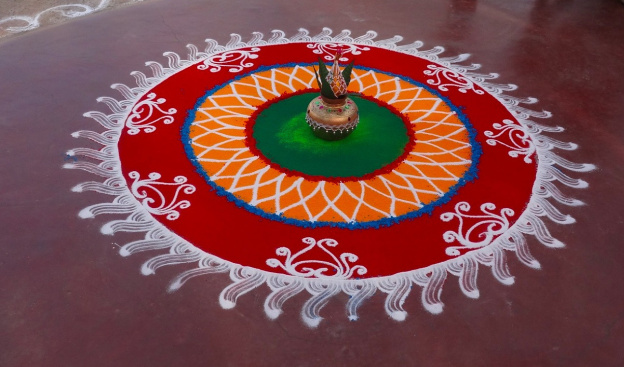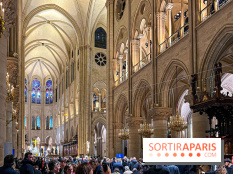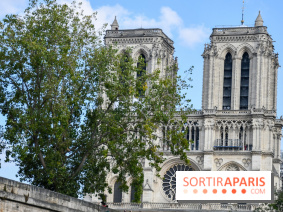Also known as Divali or Deepavali ("row of lamps" in Sanskrit), Diwali is one of the most important festivals in the Indian and Hindu world, celebrated by millions of people worldwide during October or November, depending on the year. The five-day festival is a celebration of light, the victory of good over evil, and prosperity.
Of great religious and cultural significance to Hindus, Diwali is also observed by various communities in India, such as the Sikhs and Jains, but also in other countries where the Indian diaspora is present, such as Nepal, Malaysia, Singapore, Mauritius, Reunion andSouth Africa. And in Paris too, several events and activities are organized every year!
The origins of date back thousands of years and are associated with various Hindu legends. One of the most famous stories is that of King Rama who, after defeating the demon Ravana, returned to Ayodhya with his wife Sita and brother Lakshmana. The people of Ayodhya lit clay lamps called diya to light his way and celebrate his return, symbolizing the victory of light over darkness. This tradition is the origin ofDiwali illumination.
Another popular legend is that of the goddess Lakshmi, the goddess of wealth and prosperity. It is said that during Diwali, Lakshmi visits people's homes and brings prosperity to those who have prepared their houses by lighting lamps and cleaning meticulously.
Each of the 5 days of Diwali has its own significance and specific rituals. The first day(Dhanteras) is dedicated to wealth and abundance. Participants buy gold, silver and other precious goods, and clean their homes to welcome the goddess Lakshmi. The second day(Narak Chaturdashi or Choti Diwali) commemorates Krishna's victory over Narakasura, the demon of dirt. People bathe early in the morning and light lamps to chase away the darkness.
The third day is the most important, considered Divali itself. Families pray, light diya and fireworks to celebrate the victory of light over darkness and welcome Lakshmi and the elephant-headed god, Ganesh. The fourth day(Govardhan Puja) is dedicated to Krishna, who raised the Govardhan mountain to protect the people of Vrindavan from the wrath of the storm. Finally, the fifth day(Bhai Dooj) celebrates brotherly bonds, the previous day being dedicated to love between spouses. Brothers and sisters visit each other, exchanging greetings and gifts, thus strengthening their relationship.
Joyous and colorful, Diwali is marked by numerous rituals, prayers throughout the five days, exchanges of gifts, sweets and clothes between loved ones, great sweet and savory feasts and games of chance, such as cards or dice, to bring luck and prosperity to the home.
Homes and streets are illuminated by countless diya, garlands of lights and lanterns, while colorful decorations, called rangoli, are drawn on the ground to welcome various deities, such as Lakshmi, Ganesh, the god of wisdom and luck, and Saraswati, the goddess of knowledge!
